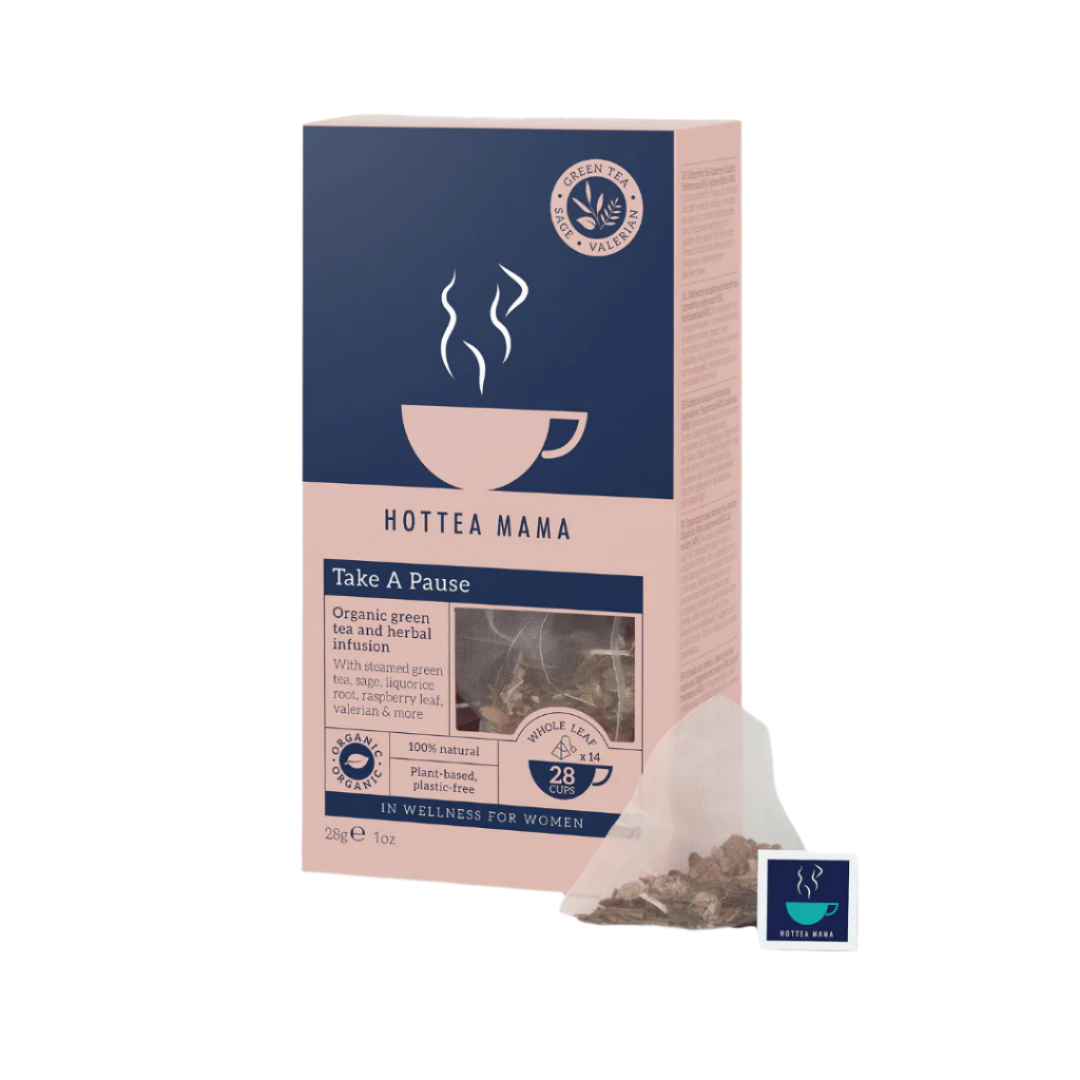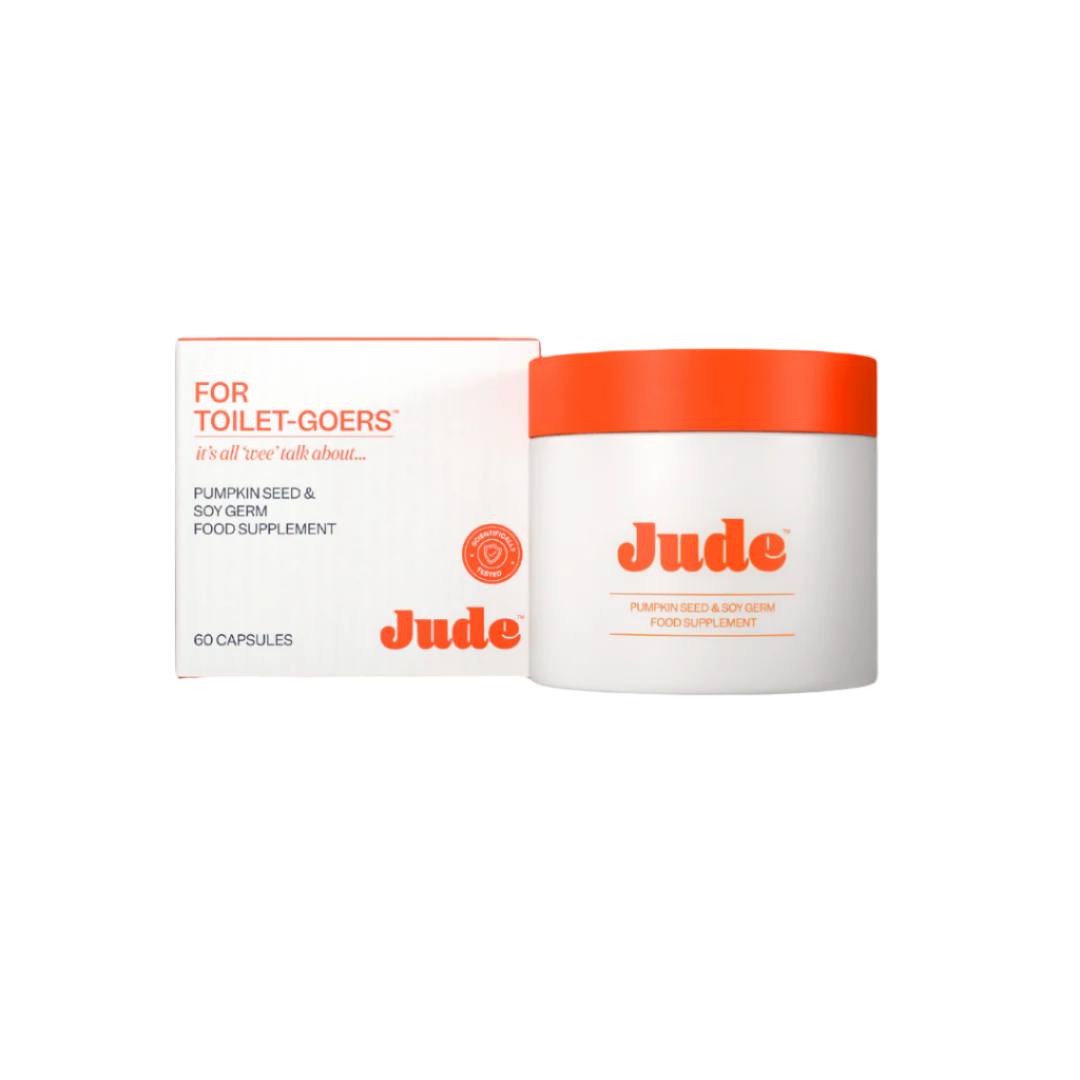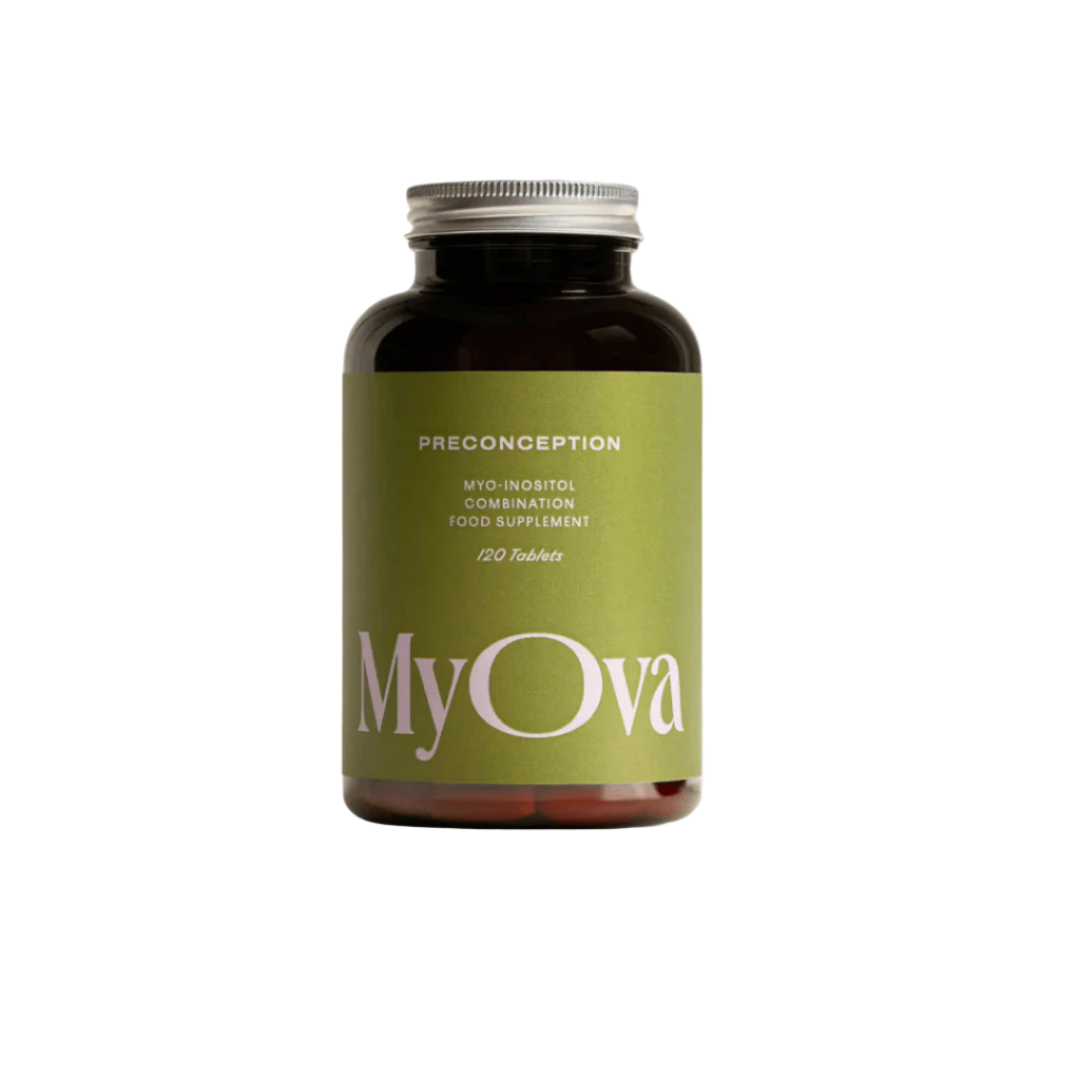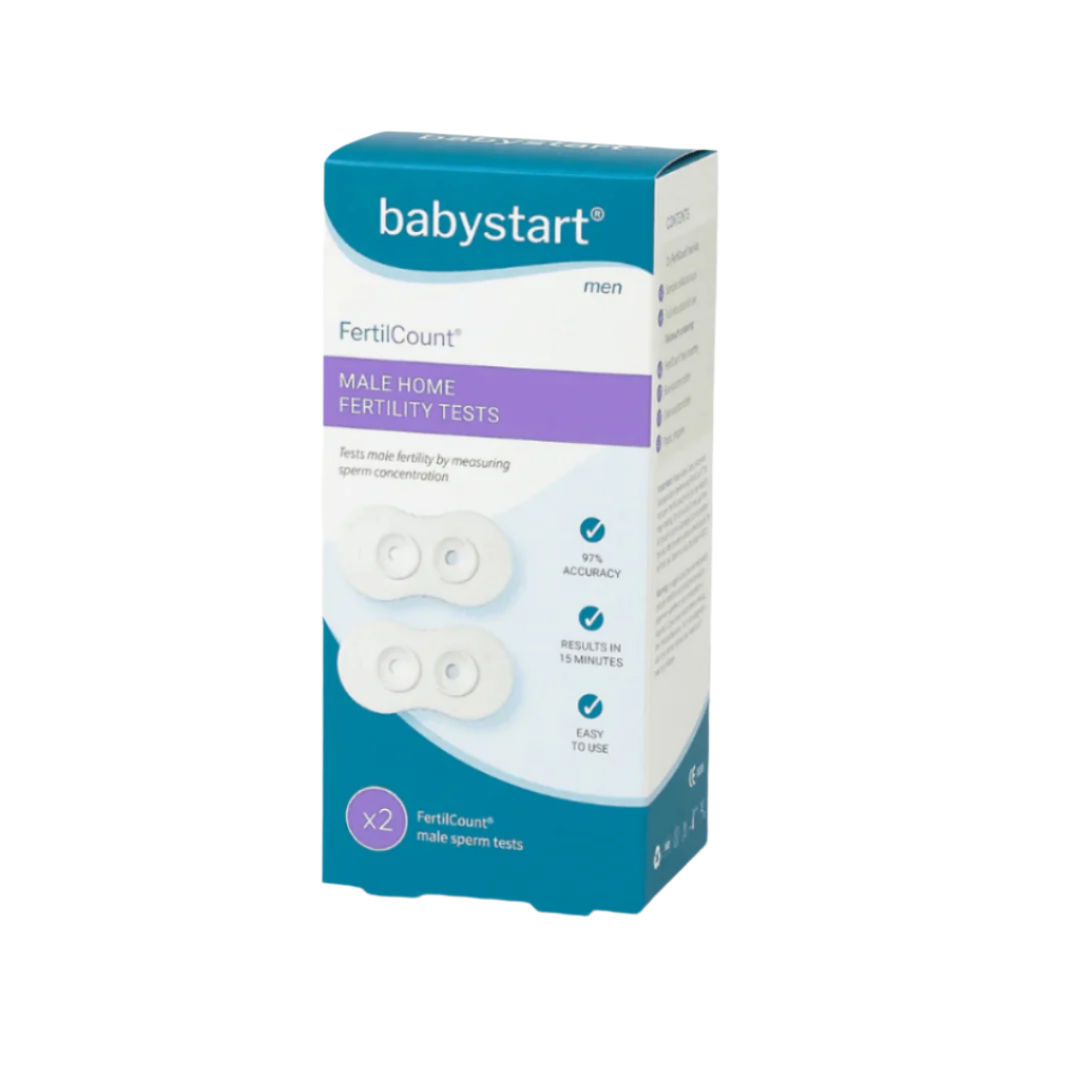When it comes to women’s health, menopause is a subject that’s still too often shrouded in silence and stigma. To open up this conversation, I sat down with Julie Gough, a nutritional therapist who’s passionate about empowering women through the menopause transition. Julie shared her personal journey, insights on hormonal balance, and practical tips for navigating this life stage with confidence and vitality.
Understanding Menopause and Hormonal Changes through personal experience
Julie didn’t begin her career in nutrition until later in life and it was a deeply personal journey that led her there.
“I became a nutritional therapist just over four years ago,” she explains. “I started college at 48 after losing both my parents and other family members to diet and lifestyle-related conditions. That’s when I realised how much of our health isn’t just down to genetics, but how we live, what we eat, how we move, how we manage stress.”
As she began her studies, Julie started noticing changes in her own body: hot flushes, anxiety, brain fog, and sleepless nights.
“The anxiety was the worst for me,” she recalls. “I’d always been a bit of a worrier, but this was something else. My friends and I would ask each other, ‘Is this the menopause?’ but we thought we were too young.”
When she finally saw her GP, she was offered HRT or antidepressants, neither of which felt right due to her family history of oestrogen-driven cancer.
“So I had to find my own way. Through my studies, I discovered that my diet and lifestyle were driving many of my symptoms. Once I changed those, everything started to improve. I knew I had to share that knowledge with other women.”
Why Menopause Is Still a Silent Topic
Despite affecting more than half of the population, menopause often remains a taboo subject. Julie notes:
“Women are taught to ‘just get on with it.’ Many feel embarrassed or worry about being treated differently in the workplace. And although HRT is often discussed, most women aren’t given education about diet, lifestyle, and natural ways to support hormone health.”
While awareness is improving, Julie points out that most conversations still centre on HRT, with little education about what’s actually happening inside the body.
“There’s so much women can do through nutrition and lifestyle to support their hormones, but that message often gets lost.”

How Nutrition Supports Hormonal Balance
One of the most effective ways to manage menopause symptoms naturally is through nutrition for menopause. Julie’s advice focuses on balancing blood sugar, increasing protein, and incorporating healthy fats:
Protein at every meal: Eggs, chicken, turkey, beef, salmon, beans, lentils.
Healthy fats: Avocado, nuts, seeds, olive oil, oily fish (salmon, mackerel, sardines).
Phytoestrogens: Flaxseeds, sesame seeds, pumpkin seeds, cruciferous vegetables like broccoli, cabbage, and Brussels sprouts.
Reduce refined carbs: Minimise cakes, biscuits, bread, pasta, and sugary snacks.
“You don’t have to eliminate enjoyable foods completely,” Julie emphasises. “It’s about balance, 80% whole, nutritious foods and 20% flexibility.”
Exercise and Stress Management During Menopause
Julie emphasises that stress and over-exercising can both make symptoms worse.
“Many women push themselves harder, more cardio, more gym sessions but that just increases cortisol, the stress hormone. And cortisol tells your body to store fat.”
Instead, she recommends gentler, more restorative movement:
Strength training: Maintains muscle mass, boosts metabolism, and supports fat loss.
Calming exercises: Yoga, Pilates, and breathwork reduce cortisol and calm the nervous system.
Stress management: Learn to respond to stress rather than trying to remove every stressor. Techniques like meditation, breathwork, or even a mindful walk can make a huge difference.
“We can’t always remove stress, but we can change how we respond. Breathing exercises, meditation, or simply getting enough sleep can make a huge difference.”
Managing Emotional Changes Naturally
Menopause affects emotional health as well as physical health. Anxiety, irritability, and mood swings are common, often influenced by declining progesterone levels.
Menopause isn’t just physical, it’s emotional too. Julie sees it as a natural time of reflection and growth.
“Many women grieve their younger selves or the end of their fertility, even if they don’t want more children. It’s completely normal. Our hormones affect our mood, and when progesterone drops, anxiety can rise.”
Julie takes a holistic approach:
“Sometimes unresolved trauma or stress from earlier life stages resurfaces during menopause. Alongside nutrition, I work with counsellors, psychologists, and breathwork specialists to support emotional wellbeing.”
Early Steps to Prepare for Menopause
Julie encourages women to start supporting their bodies early, even in their 30s and 40s:
Eat a balanced diet: Protein, healthy fats, phytoestrogens, and seasonal vegetables.
Monitor stress levels: Implement stress-reduction techniques before symptoms intensify.
Exercise wisely: Combine strength training with calming movement to prepare your body for hormonal changes.
Avoid nutrient depletion: Long-term use of the oral contraceptive pill or low-fat diets can deplete B vitamins needed for hormone production.
“The earlier you start, the smoother your journey through perimenopause and menopause will be,” Julie notes.

Embrace Menopause with Knowledge and Action
Menopause is not an end, it’s an opportunity to reset, rebalance, and prioritise your health. With the right nutrition, lifestyle strategies, and stress management techniques, women can navigate this phase with confidence, energy, and improved wellbeing.
“Menopause is your body asking for more care, more nourishment, and more balance. Small, consistent changes can transform your experience,” Julie concludes.










